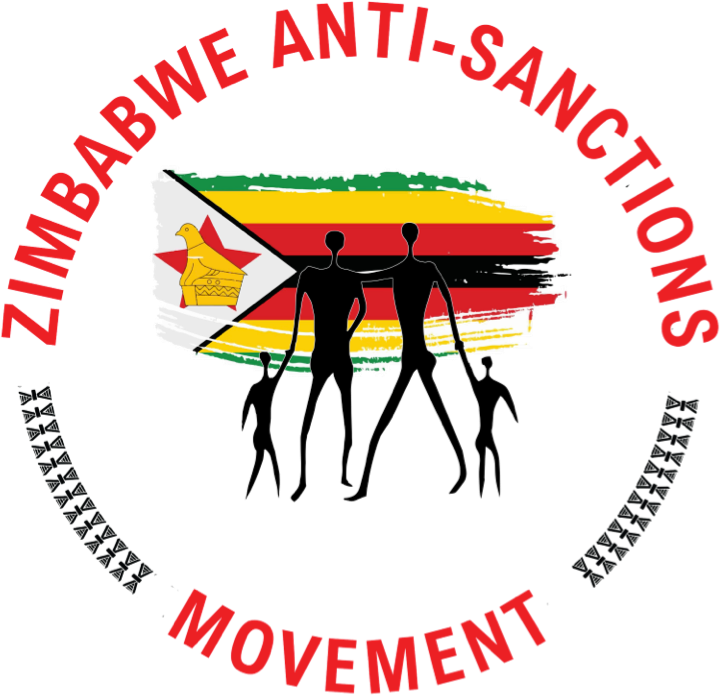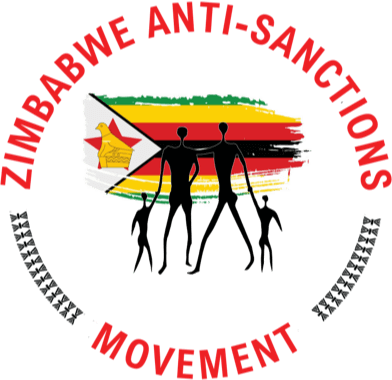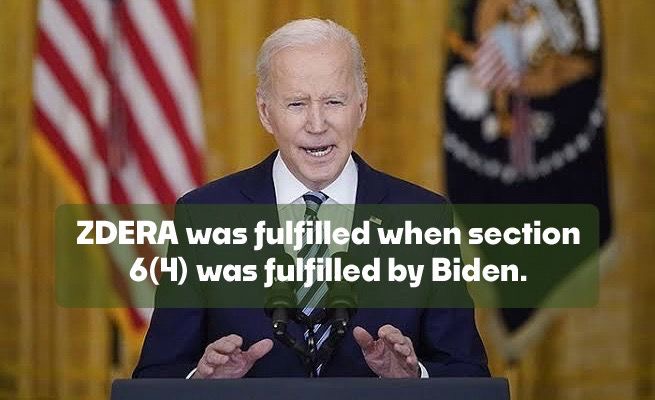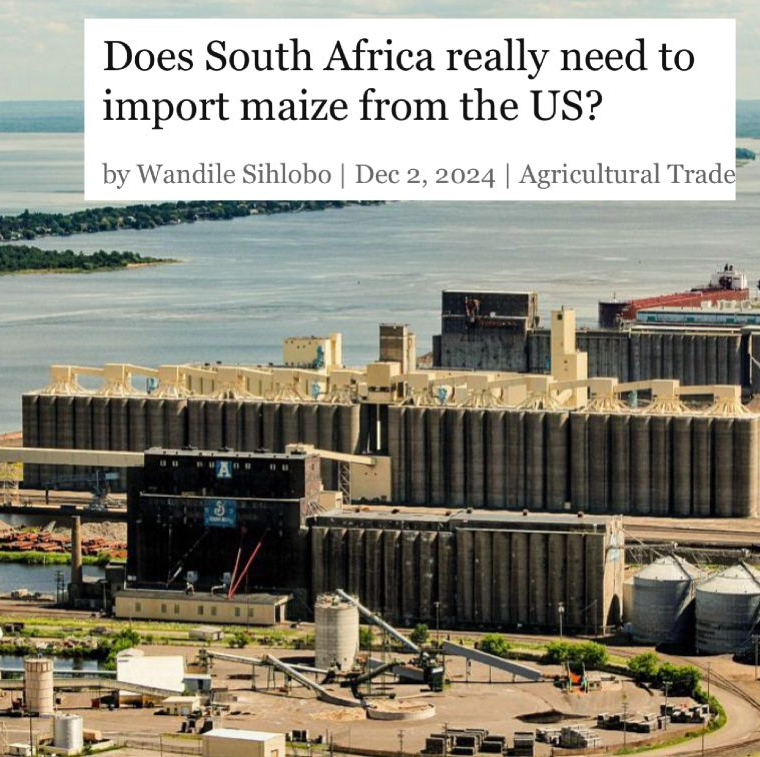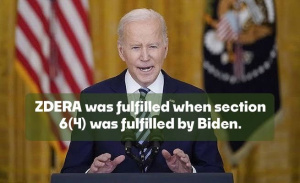 .In May 2021, Congress conducted a human rights impact assessment of U.S. sanctions on Zimbabwe, concluding that the executive order sanctions imposed in 2003 at the request of ZDERA were harming civilians, depriving them of healthcare and human rights.
.In May 2021, Congress conducted a human rights impact assessment of U.S. sanctions on Zimbabwe, concluding that the executive order sanctions imposed in 2003 at the request of ZDERA were harming civilians, depriving them of healthcare and human rights.
Consequently, Congress wrote a report urging President Joe Biden, one of ZDERA’s sponsors, to lift the executive order sanctions that were violating human rights in Zimbabwe.
According to Section 6(3) of ZDERA, Congress asked the U.S. President to impose sanctions on alleged human rights violators in Zimbabwe, while Section 6(4) asked him to provide for their eventual removal and amendment.
Following the 2021 impact assessment on U.S. sanctions, which ZASM pressured Congress to conduct, Congress instructed Biden to end U.S. executive order sanctions on Zimbabwe. In response, Biden revoked regulations 31 CFR 541 to terminate the Zimbabwe Sanctions Program.
This marks the fulfillment of ZDERA, meaning it cannot be reused to impose new sanctions, especially after ZASM pressured Congress to conduct the human rights impact assessment that exposed in a report that these executive order sanctions were violating civilian human rights, which the U.S. government is yet to remedy.
Zimbabwe’s current struggles with international payments and foreign payment systems aren’t due to existing sanctions, but rather the lingering effects of the now-revoked executive order sanctions.
These executive order sanctions severed the Reserve Bank of Zimbabwe’s (RBZ) bank accounts in many first-world countries and led to the closure of numerous nostro accounts worldwide and the corresponding vostro accounts of foreign nations in Zimbabwe.
As a result, Zimbabwe’s foreign currency reserves dwindled, making payment settlements — even through platforms like PayPal — challenging with these countries.
To recover, the RBZ should prioritize rebuilding corresponding banking relationships with foreign banks, establishing these crucial nostro and vostro accounts, while bolstering national foreign reserves. This is vital for facilitating seamless payment settlements and healing the economic wounds inflicted by the illegal sanctions.
Furthermore, pursuing sanctions reparations is a critical step toward rebuilding Zimbabwe’s lost foreign exchange reserves, which were depleted due to the illegal sanctions that caused gross human rights violations acknowledged in Congress’s own report from their impact assessment of sanctions in Zimbabwe.
Written by Rutendo Matinyarare, Chairman of ZASM.
